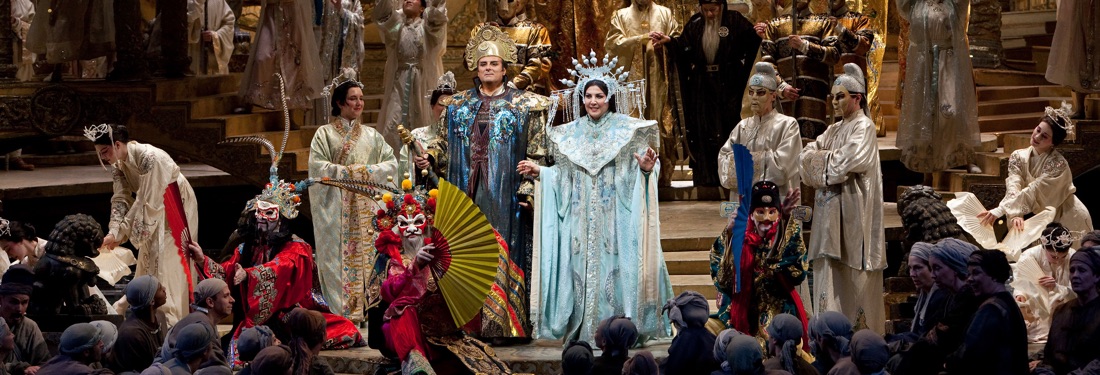
From the Cleveland Plain Dealer:
The opera afforded both Miss Ponselle and Mr. Martinelli even better vocal opportunities than “Aida,” in which they both shone so effulgently a few evenings ago. Or so it seemed to me. And apparently the audience was like-minded, for ovation followed ovation throughout the performance. Miss Ponselle sang wonderfully, incomparably. Maybe the tremendous acclaim she called forth spurred her on to surpass herself. Certainly, I have never heard more beautiful singing, not even by Miss Ponselle herself.
This is a perfect voice, perfectly controlled. It has searching loveliness of tone; and it has eloquence and volume plus, and capacity for telling impassioned utterance. Well, this was memorable singing. Mr. Martinelli did not lag behind in the evening’s artistic doings. Far from it. He was in splendid voice and sang with an ardor that swept all before him; and he too, was the recipient of resounding and prolonged applause.
That fine and richly endowed baritone Mario Basiola was heard for the first time in the current season, and he too was high in the favor the audience. Millo Picco was a capital Father Melitone; and one of the big successes of the evening was won by Ezio Pinza, as the abbot. Well deserved it was too, for he sang with appealing expressiveness, revealing a tone of exceeding warmth and richness. After his duet with Miss Ponselle both singers were recalled to the footlights innumerable times.
Ina Bourskaya was a piquant and animated Preziosilla; and the cast in its entirely left nothing to be desired. Once again, my sincere compliments to chorus-master Giulio Setti. The singing of his choir of monks was extraordinarily impressive. The opera was conducted in masterly fashion by Vincenzo Bellezza, who came in for a great burst of applause at the culmination of the overture between the first and second acts.
Born on this day in 1919 bass-baritone George London.
On this day in 1955 the Richard Adler/Jerry Ross musical Damn Yankees opened on Broadway.
Born on this day actors Tyrone Power (1914) and Alice Faye (1915).
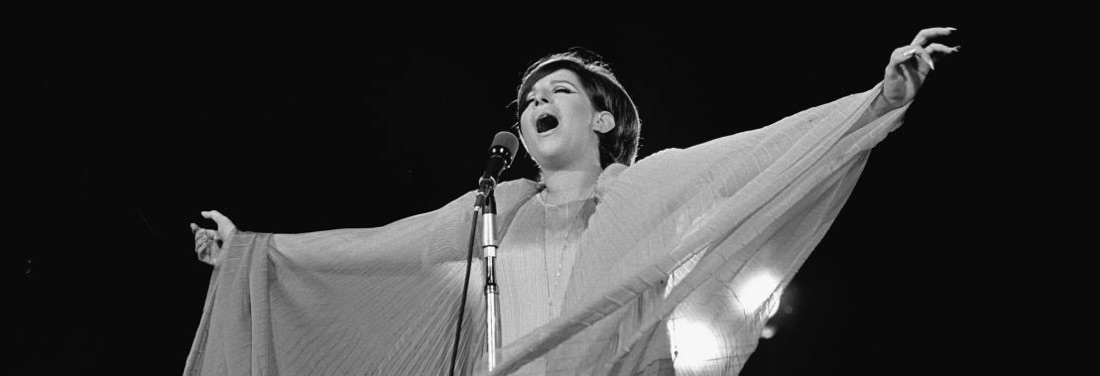


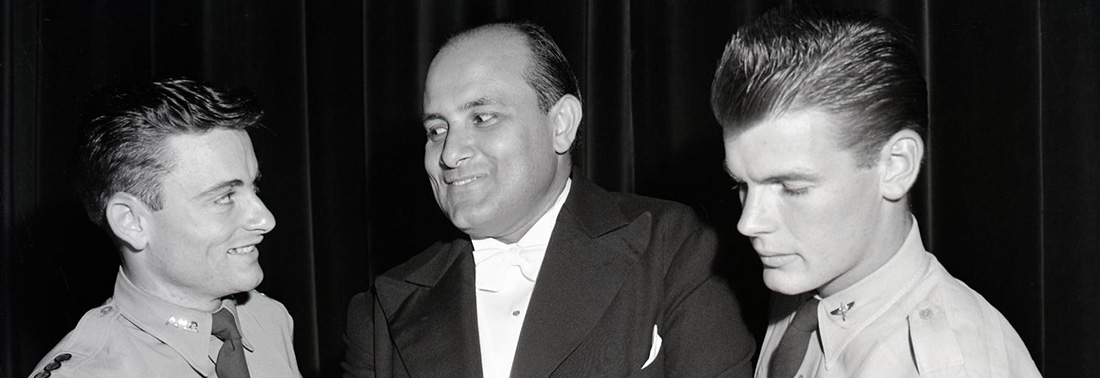
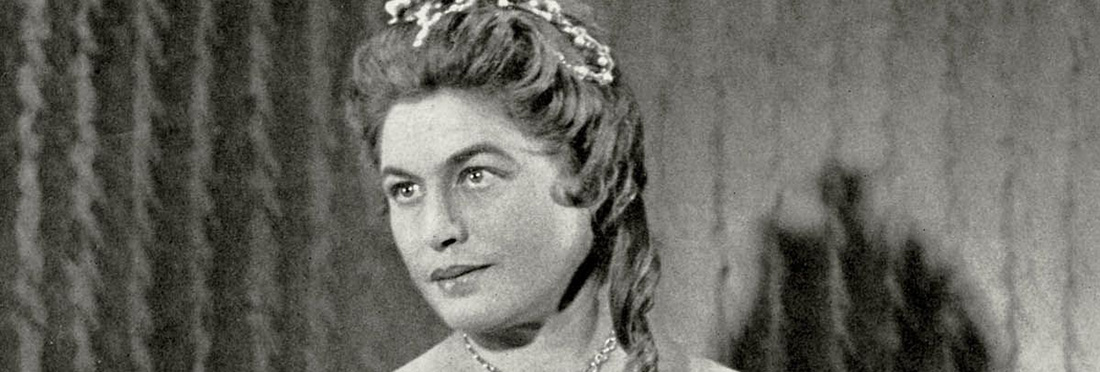

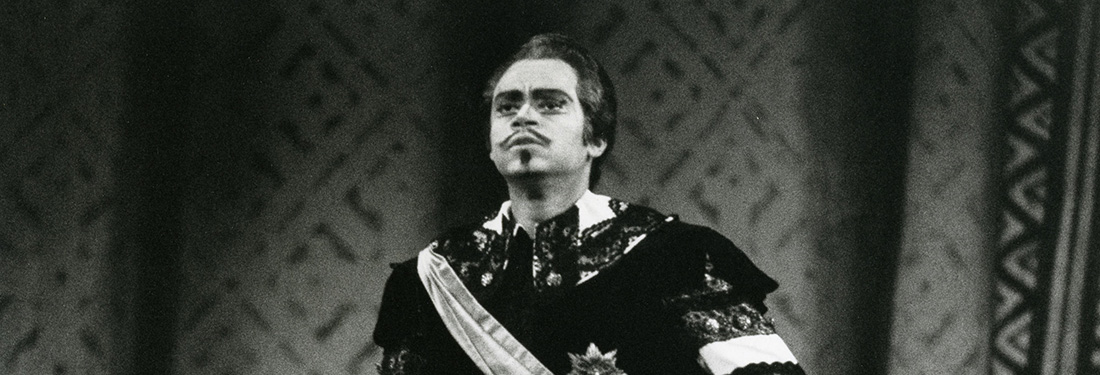
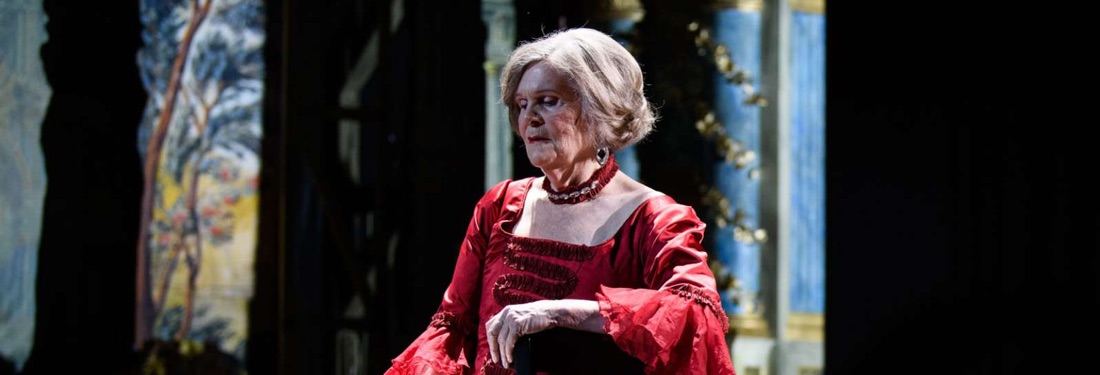


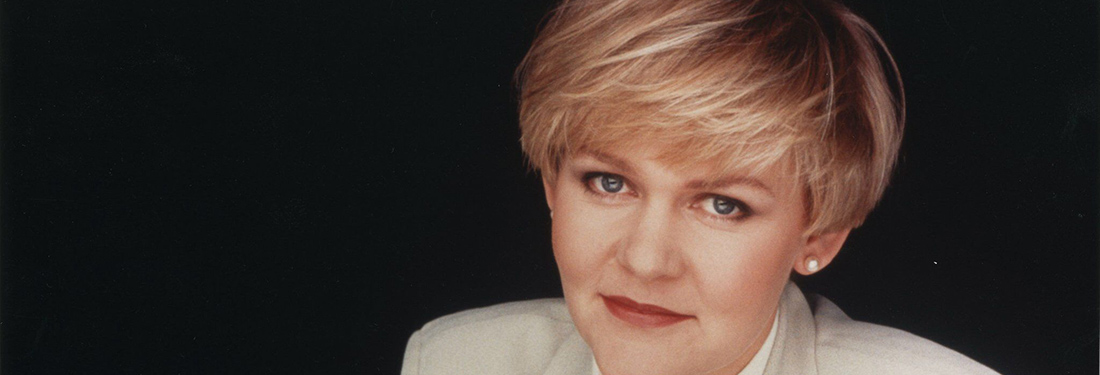
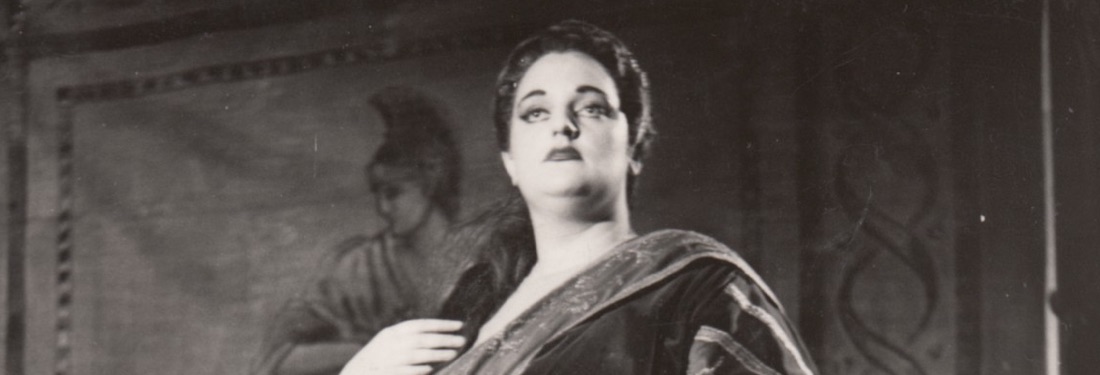
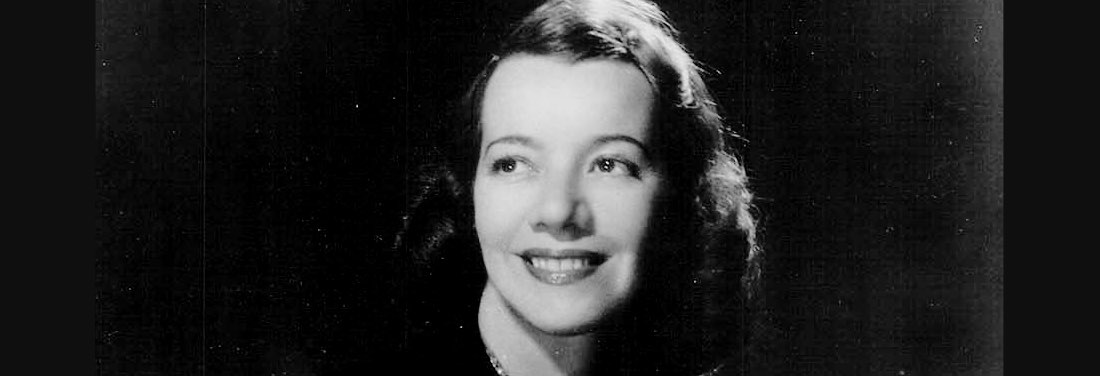
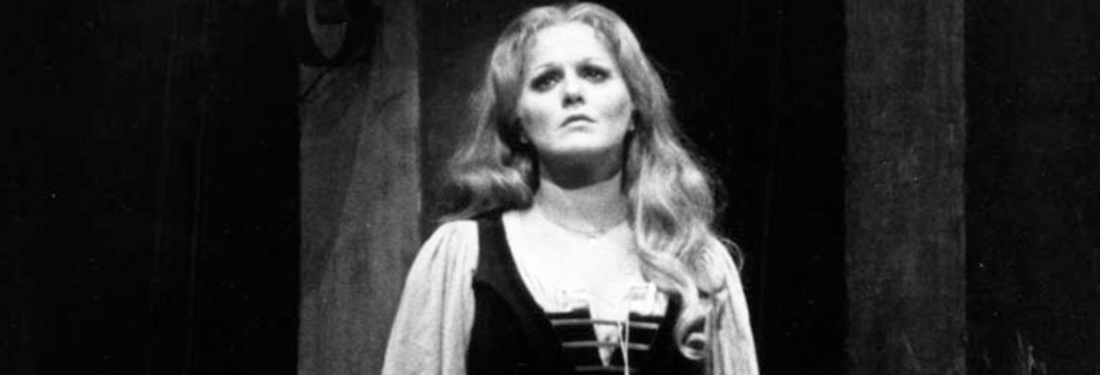
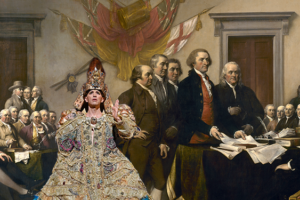








Comments